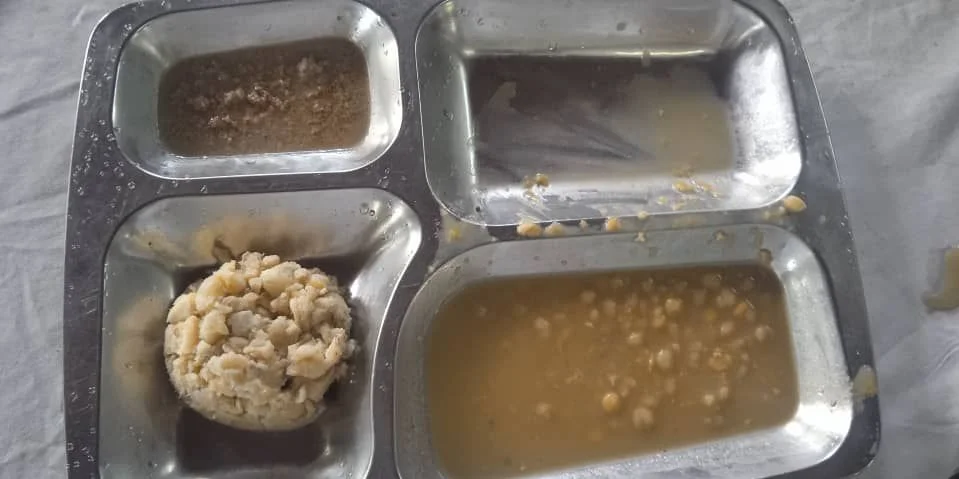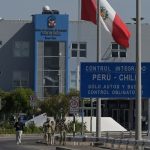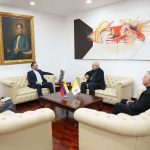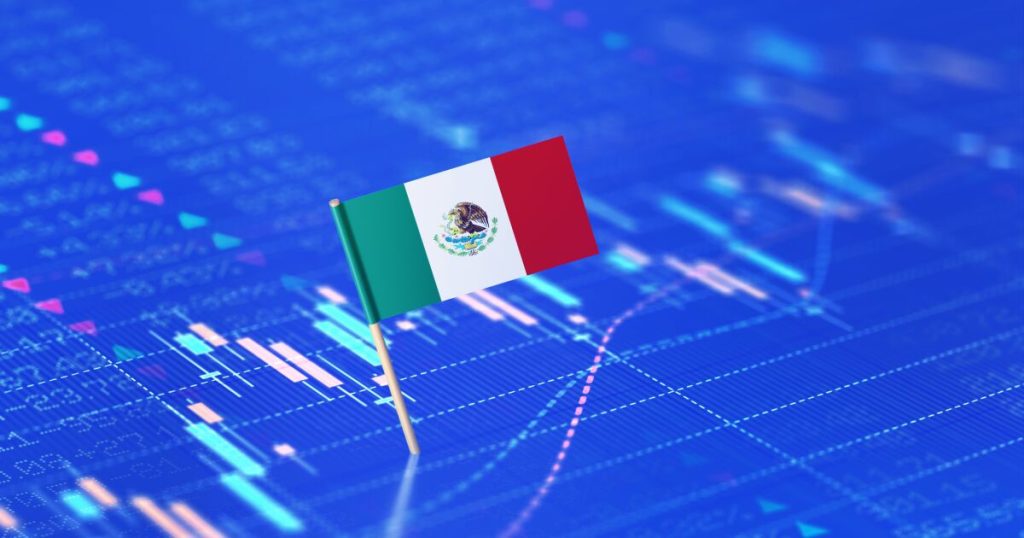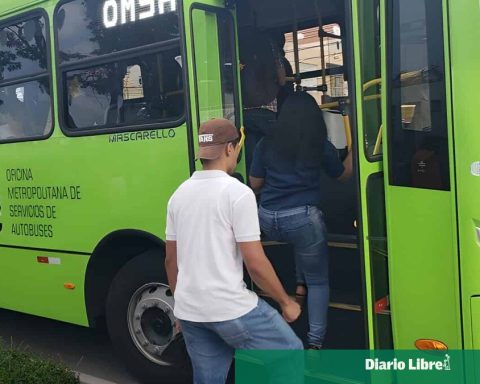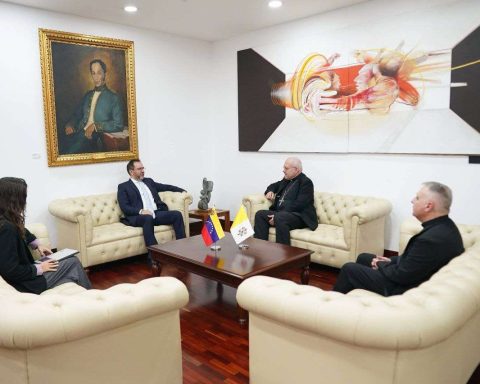SANTIAGO DE CUBA. – The students of the Floro Regino Pérez Díaz Teacher Training School, in Santiago de Cuba, did not have breakfast this Tuesday because “there was nothing,” according to what the center authorities told them at dawn. Later, at lunch, there was no rice, just “hard peas, rotten picadillo and fongo,” he told CubaNet a student who requested anonymity for fear of being expelled.
In the afternoon there was rice and meat, although “it tasted like little,” said the 17-year-old girl, referring to the tiny ration they received.
“They are starving us. The last thing is to teach classes until noon without having eaten anything since the night before. “This way there is no one who concentrates, no one who learns,” he lamented.
Also, from Faculty No.2 of Medicine, a university student who identified herself as Rachel, questioned whether they had restarted classes: “they turned on the power, but we are still hungry.” “In order not to die, we have to buy pizzas for 180 and 200 pesos up to twice a day and invent little meals in the bedroom, something that is prohibited,” he explained.
Only three days have passed since classes restarted after the national suspension of teaching activities from October 18 to 28. Although the cancellation was due to the “energy emergency”the province’s schools had previously lacked supplies, according to complaints on social networks. Some educational institutions even had to close due to lack of food before the official declaration.
On October 14, for example, independent journalist Yosmany Mayeta posted on his Facebook page the video in which the board of directors of a polytechnic in Santiago informs the students of the cancellation of school activities due to “a matter of food availability.” [sic] of the school.” Three days later, the reporter also denounced the terrible lunch that the children of the Raúl Gómez García primary school received, which only consisted of white rice and fufú.
Yenisey Matos from Santiago has had to guarantee all the food for her son, currently in the third year of preschool education, after finding out for himself that “they were only giving them food and soup.”
“For me it is an effort, but I wouldn’t be calm if I didn’t do it. My three year old son is developing. I always have to decide what he will eat, there is no other way,” he told CubaNet the young woman from Santiago.
Nelis Castro is the mother of a teenager who is in eighth grade at Luis Alfonso Silva Tablada High School, in Songo La Maya. According to him, the students at that center “only receive a piece of bread with something and a glass of yogurt, usually chopped, throughout the day.”
“This same Monday, when classes started, my son ran away from school to eat something at home, since I live nearby. I don’t scold him, because hunger is bad and clouds your senses; Imagine there are nine class shifts. Sometimes I add his lunch or a snack, but life is difficult for everyone,” he noted.
A study by the Food Monitor Program, an independent project that monitors and denounces food (in)security in Cuba, Indian that food in educational institutions has worsened significantly after the pandemic. The situation is similar for both resident students on university scholarships and for infants in day care centers and students at the primary level of education.
